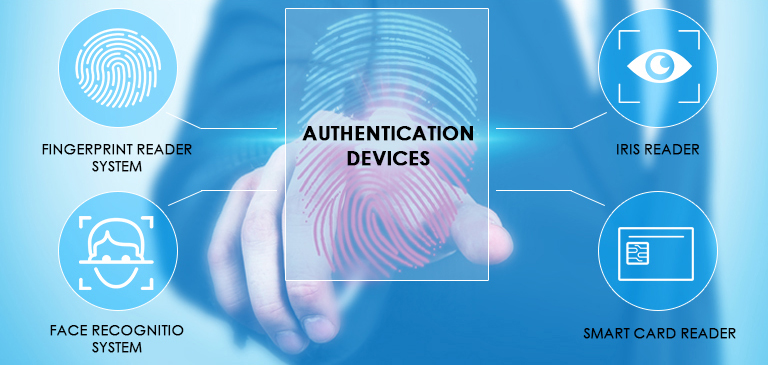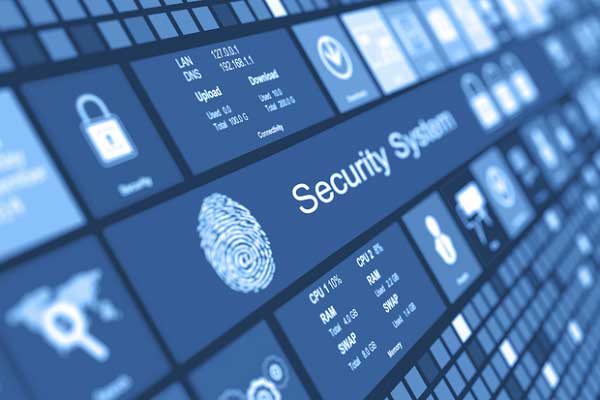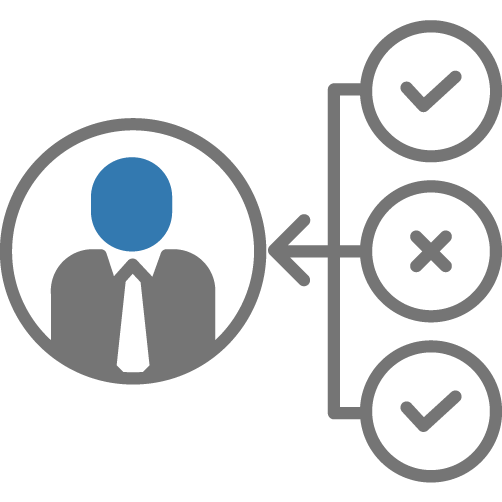Multi MABIS is a multi-biometric solution
for nationwide biometric-based identification projects.
MULTI MABIS is a fast Automated Biometric Authentication System, capable of capturing and storing multiple biometric templates within a short period of time. It utilizes various identification methods like Fingerprint, IRIS, and Facial recognition to store, update or delete biometric data of users. This high-performance authentication system can be used with any large-scale biometric system in the back-end to de-duplicate, check and remove biometric data having inconsistencies. MULTI MABIS supports computing resource intensive one-to-many (1: N) and one-to-one (1:1) biometric matching operations for precise, fast and accurate identification of individuals.
For a large-scale biometric project like citizen identification, biometric data of millions of people are required to be captured and stored. Usually, all data is collected in individual laptops and then merged into a central database. Before a citizen ID card is issued, the authorized agency makes sure that one person did not register multiple times. This can be achieved using Biometric De-duplication software such as MULTI MABIS. Moreover, to merge any decentralized biometric data into a central system requires identifying all duplicate records to unify transaction data under unique personal identities. Therefore, any decentralized biometric projects in areas such as banking, micro-credit lending, voter ID issuance, access control, and hospitals or rural clinics can significantly benefit from a MULTI MABIS system that enrolls and identifies an individual, self-check the de-duplication and supports user’s biometric data removal functionality.


Enrollment
Enrollment is the process of capturing and registering the user's biometric data such as fingerprint, IRIS, and facial images. MULTI MABIS system enrolls the users by recording their biometric data and storing them into the database. While registering a user in the database, MULTI-MABIS will self-check the de-duplication of a new user's biometric data by comparing it against biometric record stored on the server.
Identification
Biometric identification consists of determining the identity of a person. The process involves capturing an individual's biometric data via fingerprint, IRIS, and facial recognition. This data is then compared to the biometric data of several other persons kept in a database. MULTI MABIS extend support of identification process, by accurately matching the captured biometric data of users with the stored biometric record from the database.
Removal
Removal is the process of removing a user from the database. Once the user has been removed, it will not be reverted in the system. Hence, MULTI MABIS facilitates an irreversible user data removal process.








